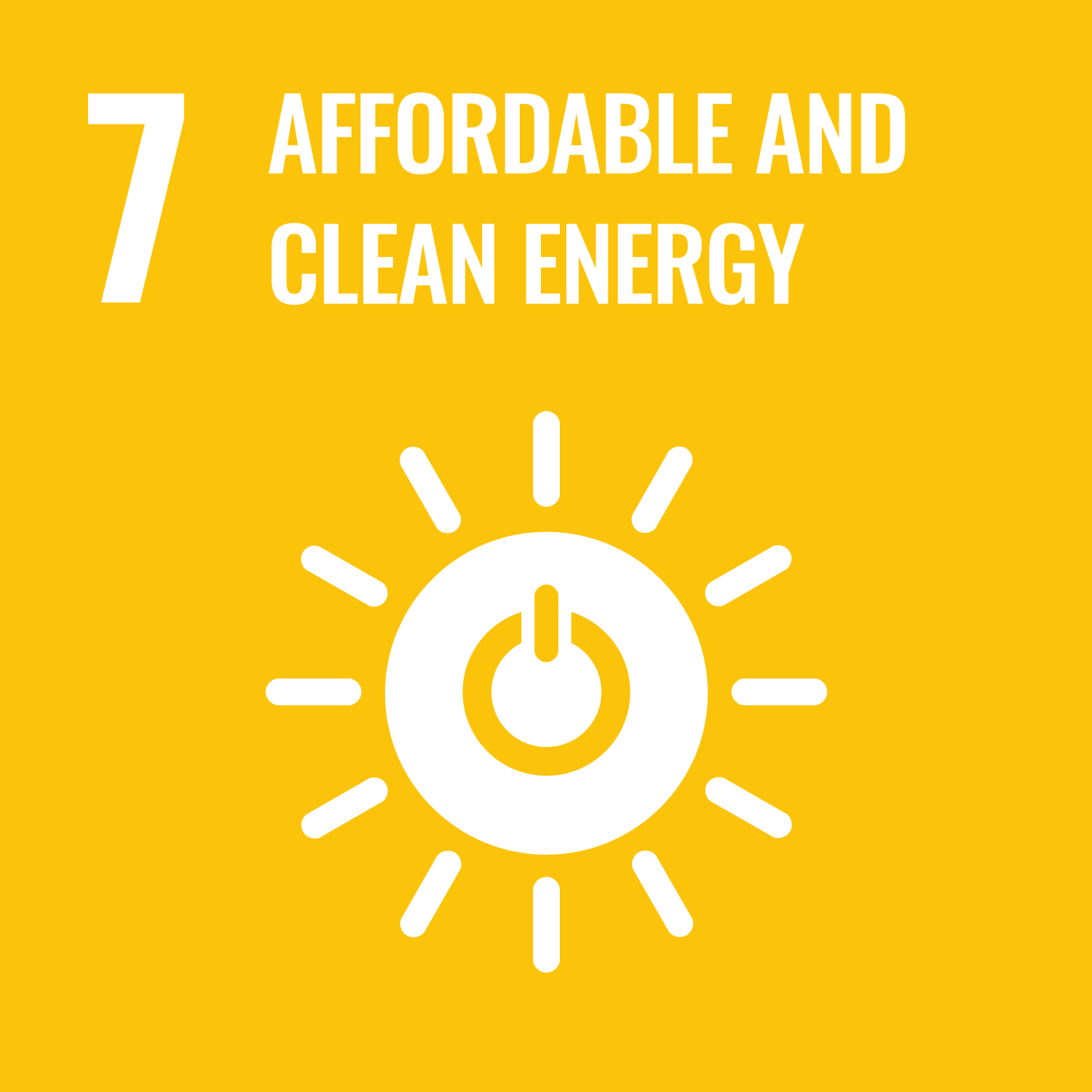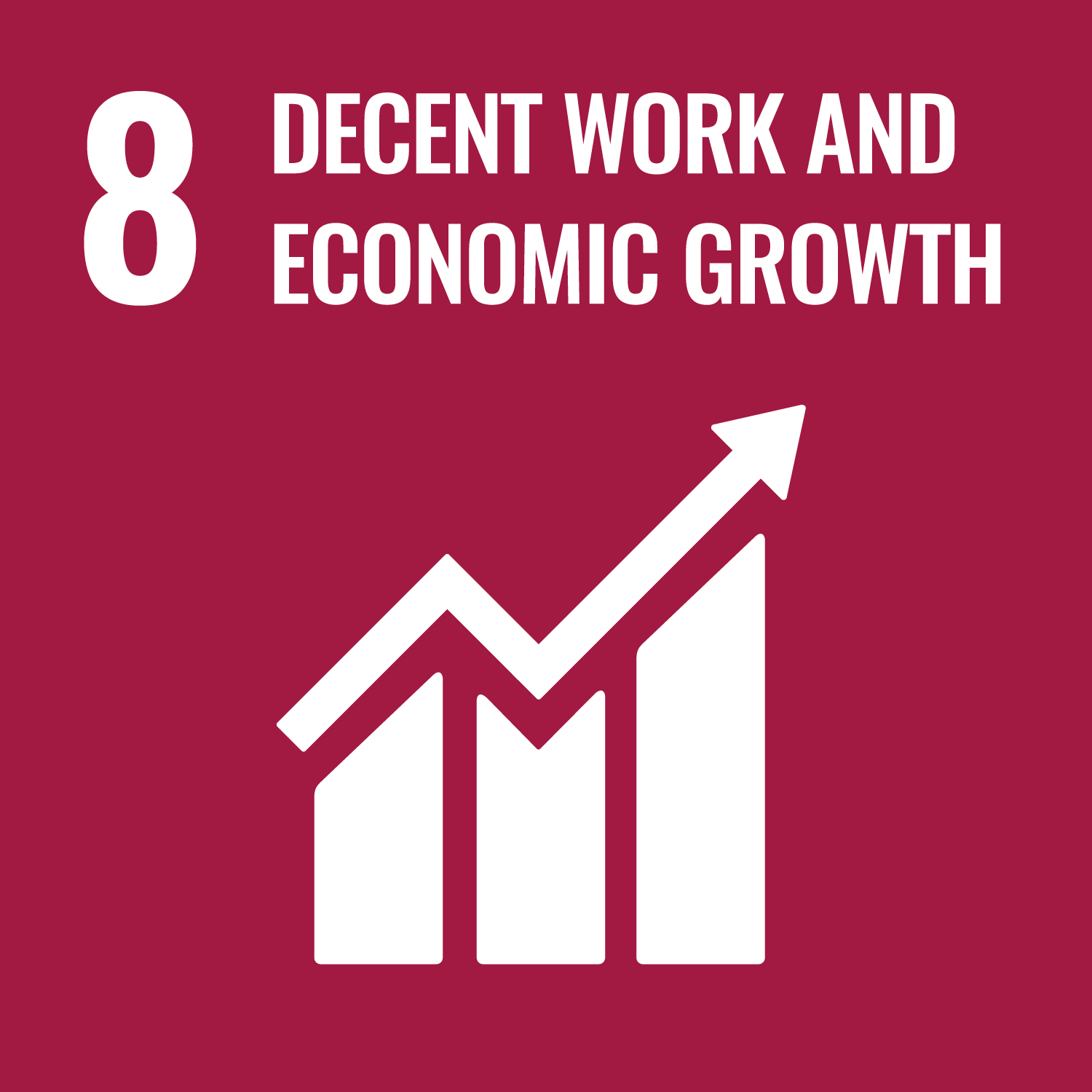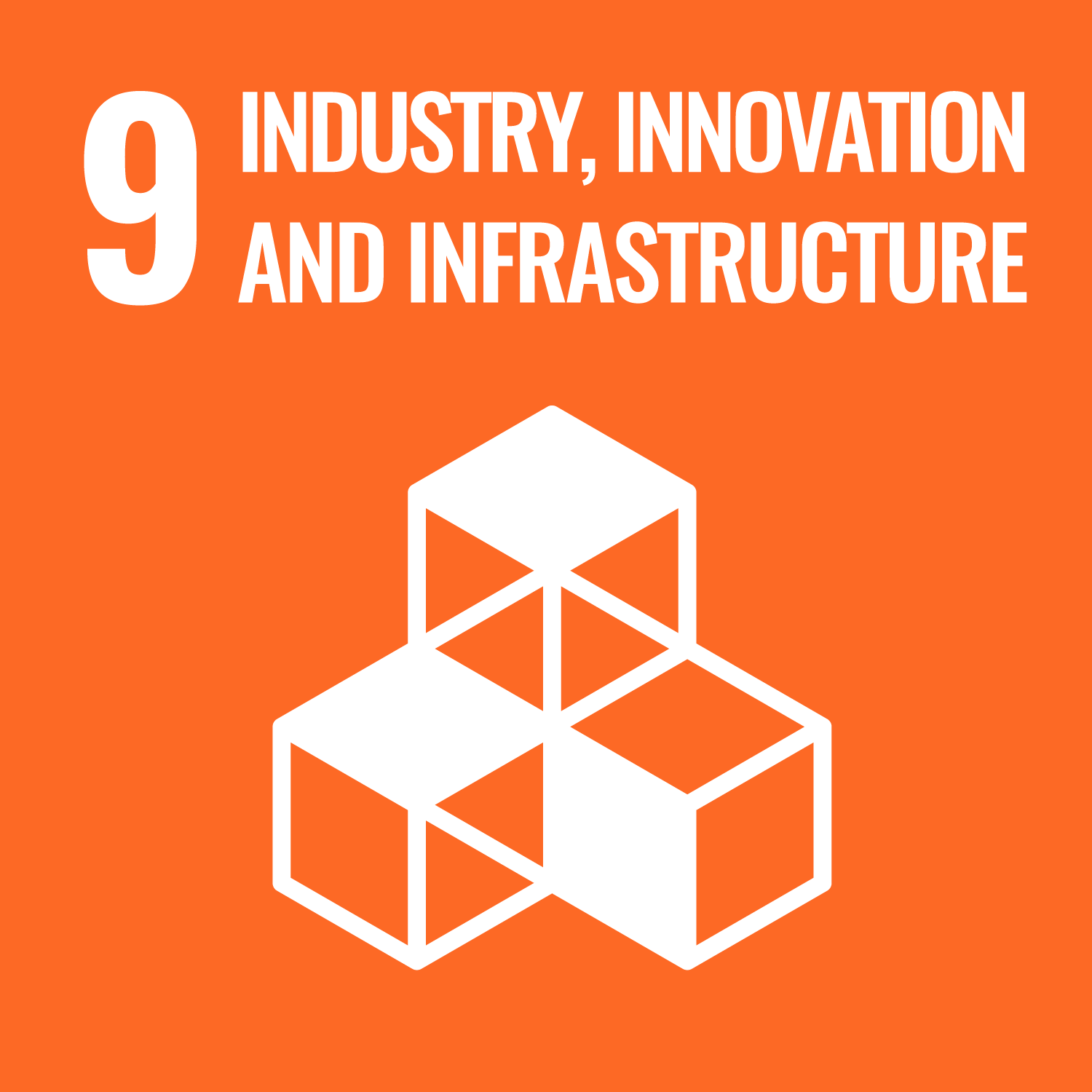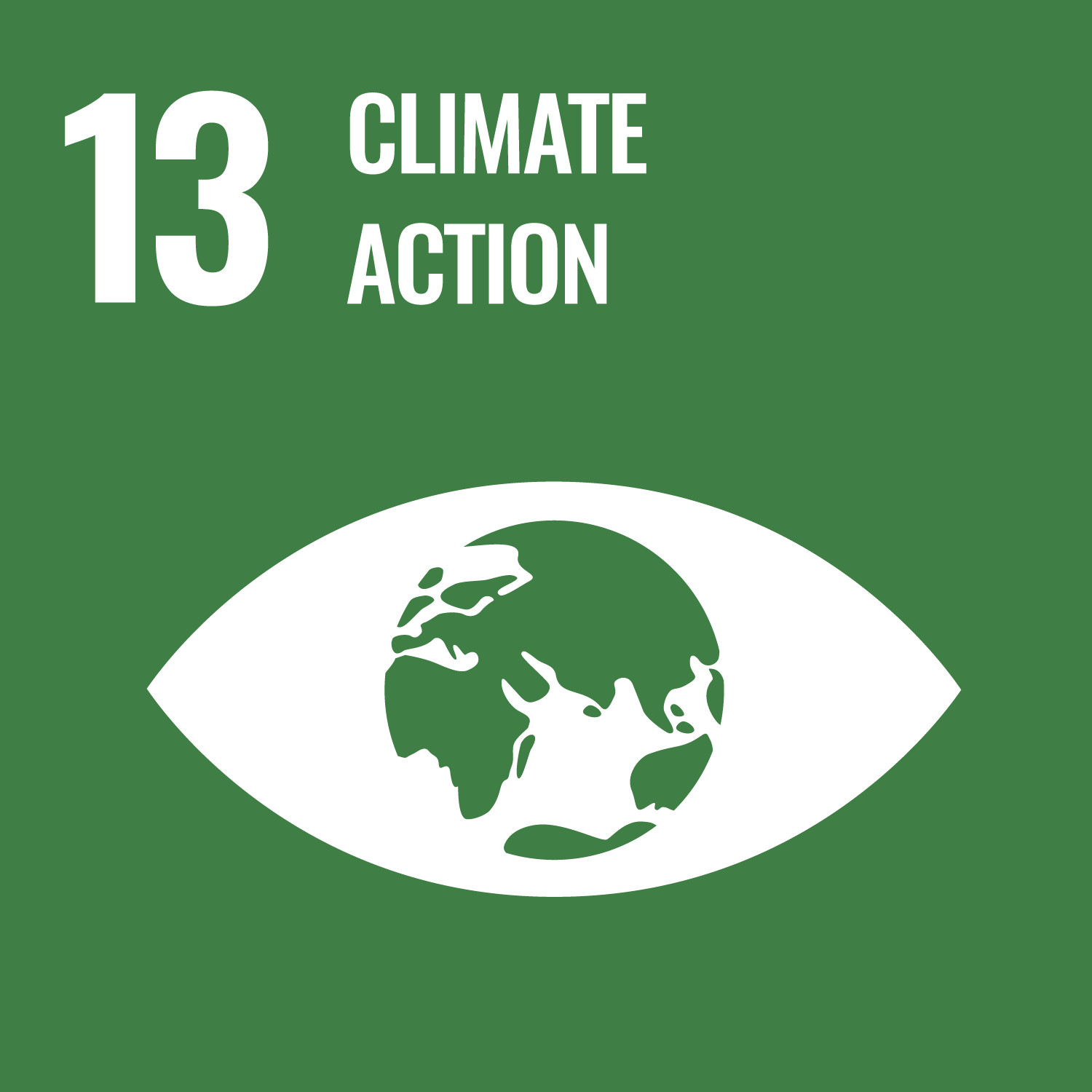PROJECT DETAILS
| Project Submission No. | S00554 |
|---|---|
| Project Title | TBEA Shankou 150MWp Solar Power Project in southeastern of Hami |
| Project Owner(s) (as per PSF & LOA) | Juno Carbon Investment & EP Tech (Beijing) Co., Ltd |
| Submission Date | 2022-06-08 |
| Global Stakeholder Consultation Period |
2022-10-27 to 2022-11-10 |
| Sector | 1.Energy industries (renewable-/non-renewable sources) |
| Project Type | Solar Power |
| GCC/CDM Methodology & Version | ACM0002 version 21.0 |
| Forecasted GHG Emission Reduction (tCO2e/Year) |
|
| Forecasted E+ Label | Yes |
| Forecasted S+ Label | Yes |
| Forecasted SDG+ Goals |




|
| Forecasted SDG+ Label | Gold |
| Forecasted Market Eligibility | C+ - Pilot Phase |
|
Location Details
Open Full Map
|
|
| Country |
China
|
|---|---|
|
Focal Point of Project Owners
|
Juno Carbon Investment & EP Tech (Beijing) Co., Ltd |
| Email of Contact Person of FP (Primary) | zhaomingyuan@junocapital.cn |
| Email of Contact Person of FP (Secondary) | Dingxue@junocapital.cn |
| Documents for Global Stakeholder Consultation | Project Submision
Calculation Sheet Other Documents |
| Project Brief | TBEA Shankou 150MWp Solar Power Project in southeastern of Hami is a solar PV power project with installed capacity of 150MWp, which is located in Daquanwan Town, Yizhou District, Hami City, Xinjiang Uyghur Autonomous Region, P.R. China, about 120km away from the east of Hami city and 20km away from Shankou Railway station. The project is invested and operated by Hami Huafeng New Energy Power Co., Ltd. The project is to install a greenfield power plant and is expected to supply an annual average of 213,834MWh renewable energy to NWPG during 25 years’ lifetime, and 226,792 MWh during 10-year crediting period, which will replace power generation of those fossil fuel-fired power plants delivered to NWPG under the baseline scenario. The project is expected to achieve a green-house gas emission reduction of 176,739 tCO2e annually. The total emission reductions during the fixed 10-year crediting period will be 1,767,385 tCO2e. |
|---|